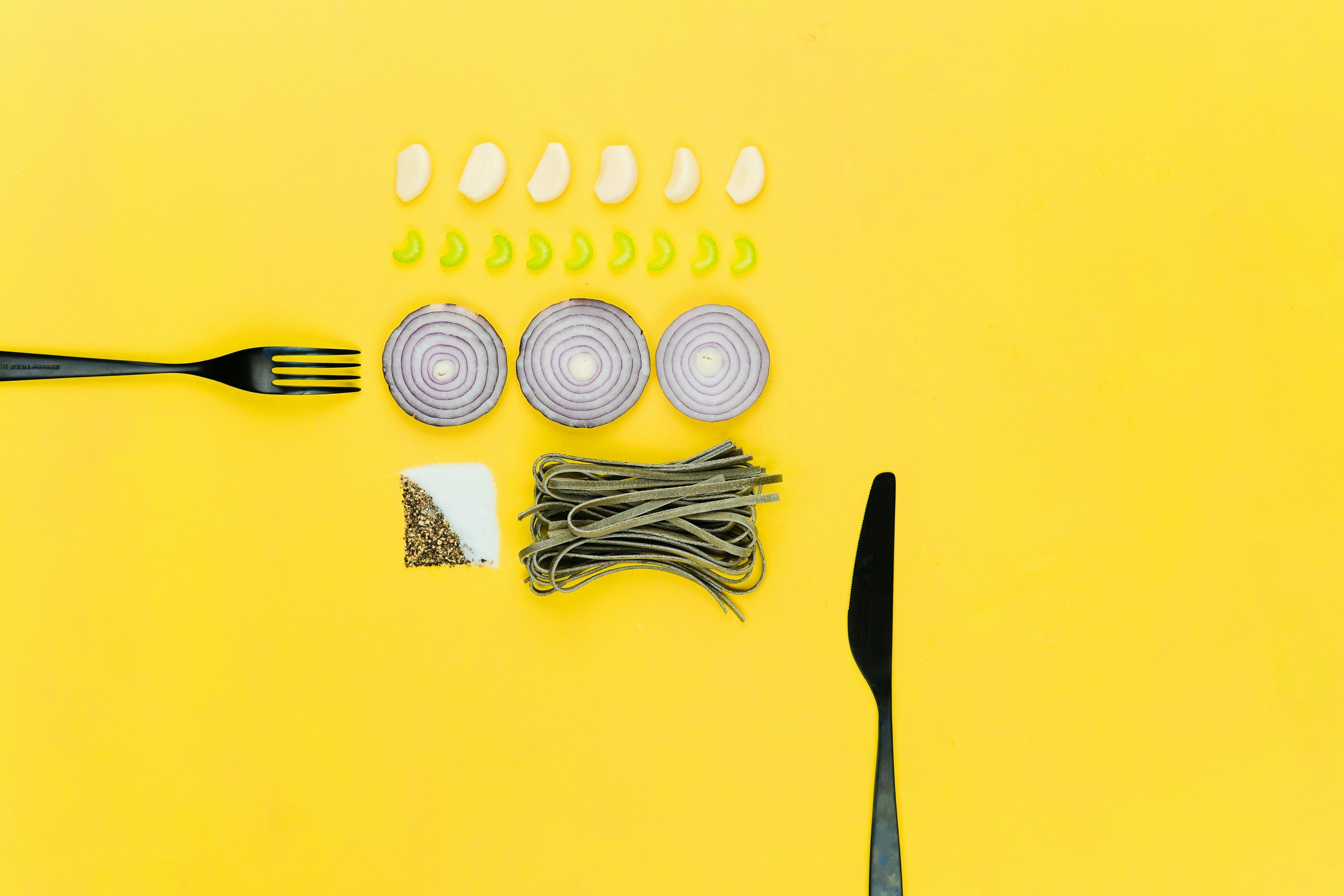Five Unexpected Things that Impact Your Gut Microbiome
In recent years, the gut microbiome has become a hot topic in the world of nutrition and health. As an anti-diet, Health-At-Every-Size (HAES®) Licensed Dietitian Nutritionist, I’m thrilled to see more people recognizing the importance of gut health beyond just the latest diet trend.
What is the Gut Microbiome?
Your gut microbiome is a complex community of trillions (yes, trillions!) of bacteria and other microorganisms living in your digestive tract. These tiny organisms play a crucial role in your overall health, influencing everything from digestion to mood. But did you know that there are several unexpected factors that can impact your gut microbiome?
Unexpected Factors Impacting Your Gut Microbiome
1. Sleep Patterns
We all know sleep is essential, but did you know that your sleep habits can directly impact your gut health? Poor sleep quality or inconsistent sleep patterns can disrupt the balance of your gut microbiome.
Research shows that lack of sleep can lead to an increase in gut bacteria associated with inflammation, which can contribute to various health issues over time. Strive for 7-9 hours of consistent, quality sleep each night to support both your gut and overall well-being.
2. Stress Levels
Stress has a profound effect on physical health, especially gut health. When you’re stressed, your body releases hormones like cortisol, which can alter the composition of your gut bacteria.
Chronic stress can reduce the diversity of your microbiome, making your gut more susceptible to harmful bacteria and inflammation. Incorporating stress management techniques such as meditation, yoga, or even simple deep breathing exercises can help maintain a balanced gut environment.
3. Medications Beyond Antibiotics
We often hear about the negative impact of antibiotics on gut bacteria, but did you know that other medications can also influence your microbiome? Common drugs like proton pump inhibitors (PPIs) for acid reflux, nonsteroidal anti-inflammatory drugs (NSAIDs), and even some antidepressants can disrupt the balance of your gut bacteria.
If you’re taking these medications, it’s essential to be aware of their potential impact on your gut health and discuss with your healthcare provider about ways to mitigate any negative effects.
4. Movement Habits
Regular physical activity can increase the diversity of your gut microbiome. Interestingly, different types of exercise can have varying effects.
For instance, moderate aerobic activities like walking or cycling may help promote beneficial gut bacteria, while intense, prolonged exercise without adequate recovery might have the opposite effect. Balance is key—aim for regular, moderate movement to keep your gut happy.
5. Geographical Location and Environment
Where you live and the environment around you can influence your gut microbiome in unexpected ways. Factors like climate, altitude, and even urban versus rural living can shape the types of bacteria in your gut.
People in different parts of the world have distinct microbiomes due to variations in diet, lifestyle, and exposure to nature. While you can’t always control where you live, being aware of how your environment affects your gut health can help you make informed decisions.
Take a Holistic Approach
Your gut microbiome is influenced by much more than just the food you eat. I encourage you to look beyond restrictive diets and instead focus on nurturing your gut through a holistic approach. By paying attention to these unexpected factors, you can support a balanced gut microbiome that contributes to your overall well-being. Take care of your gut, and it will take care of you.

